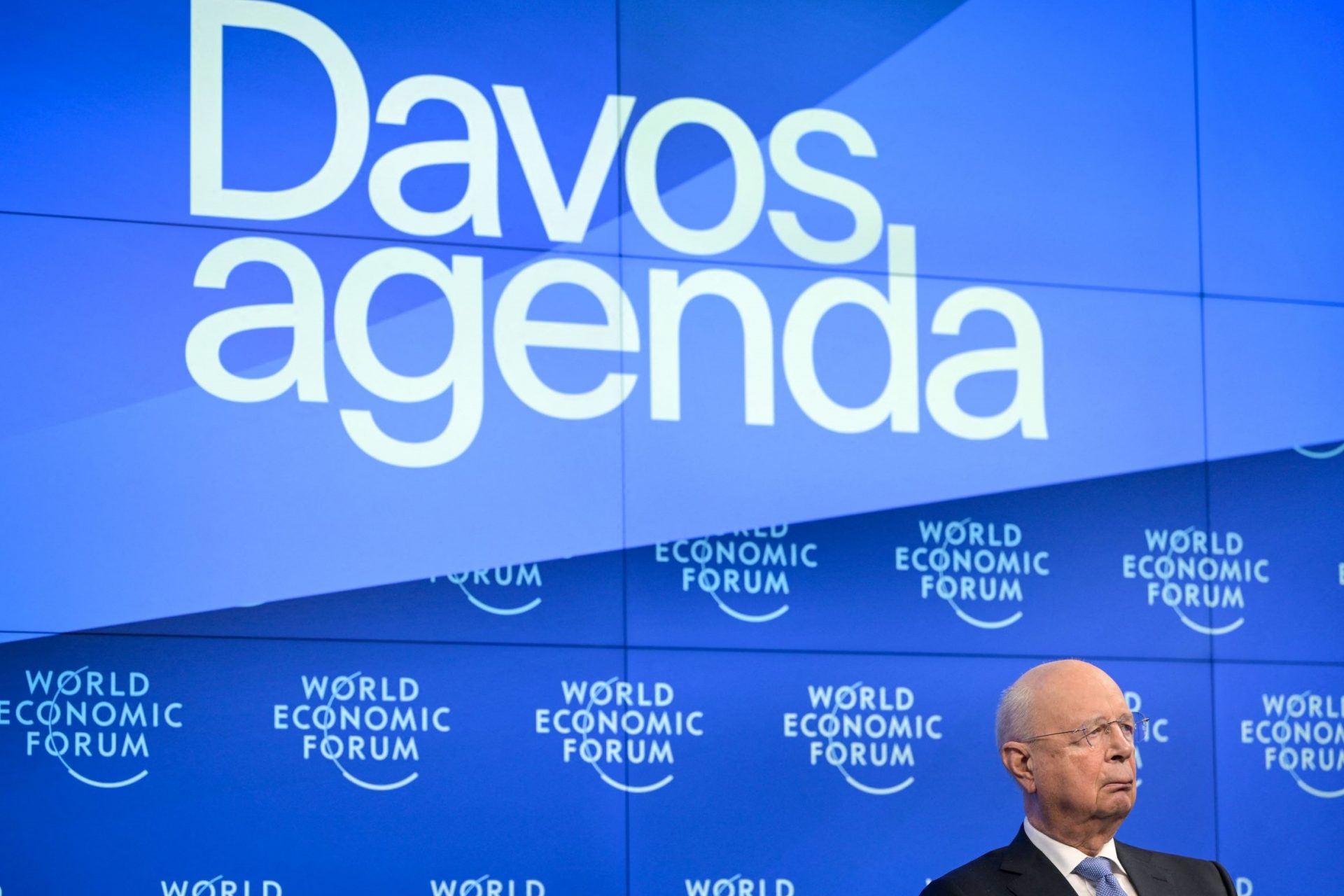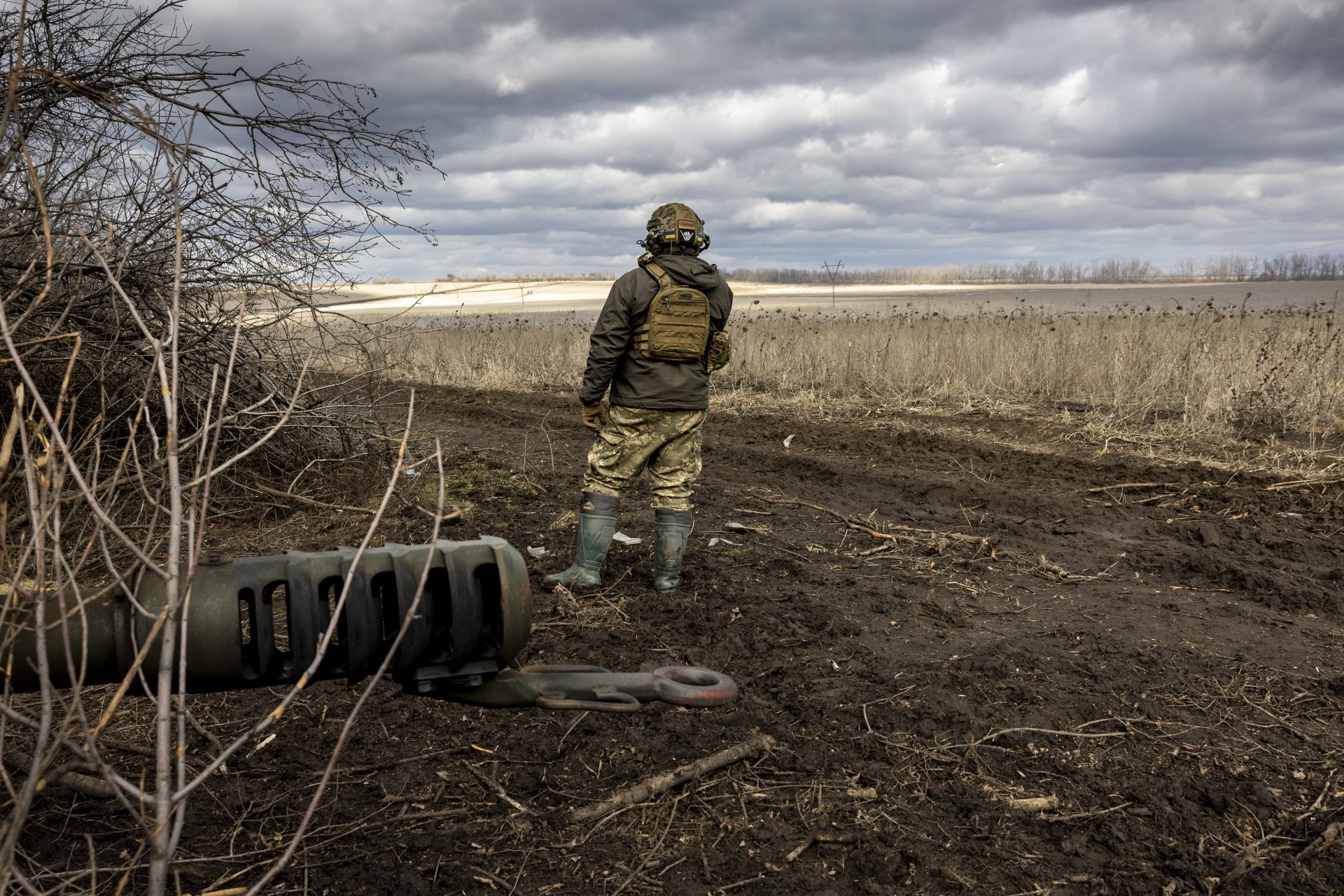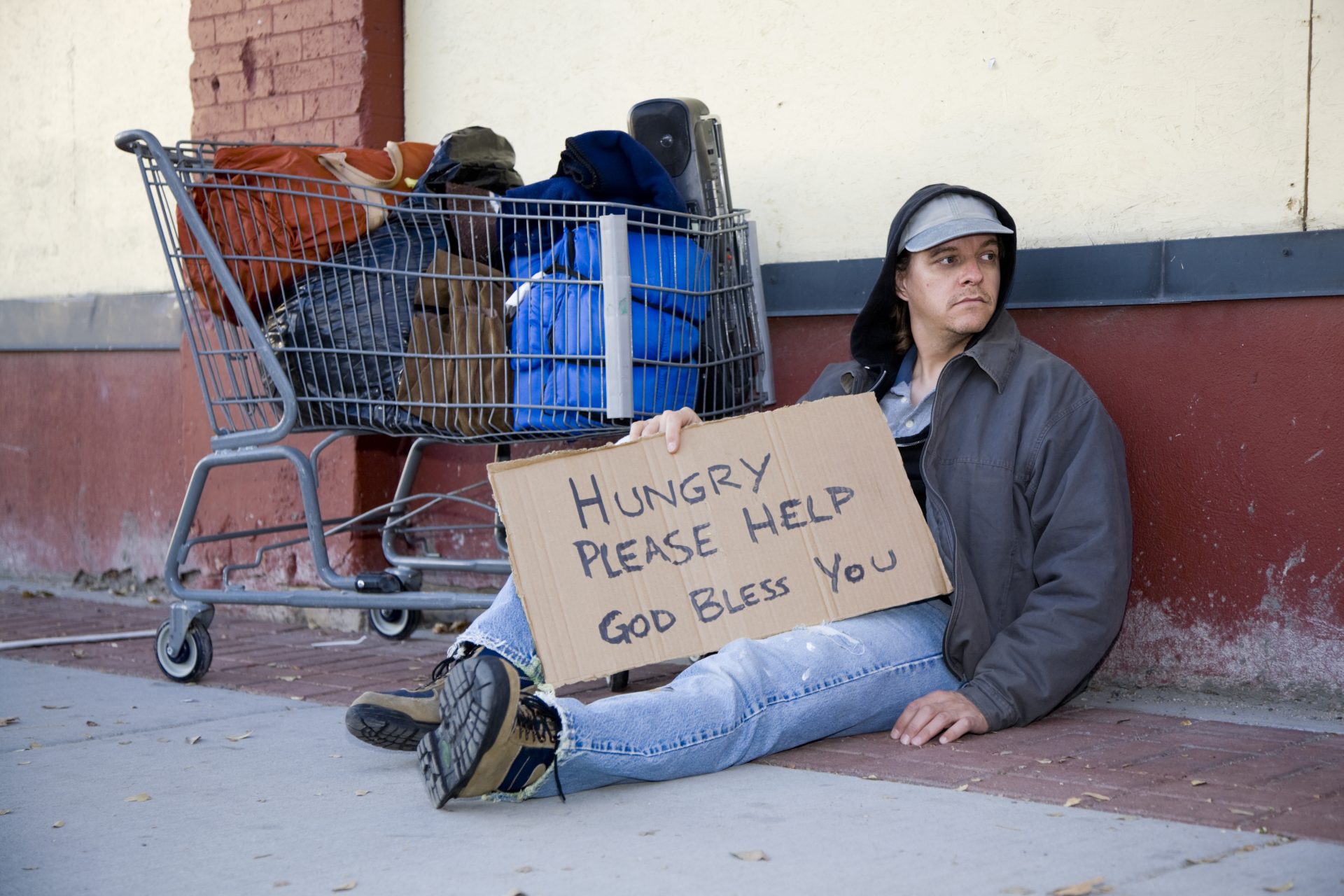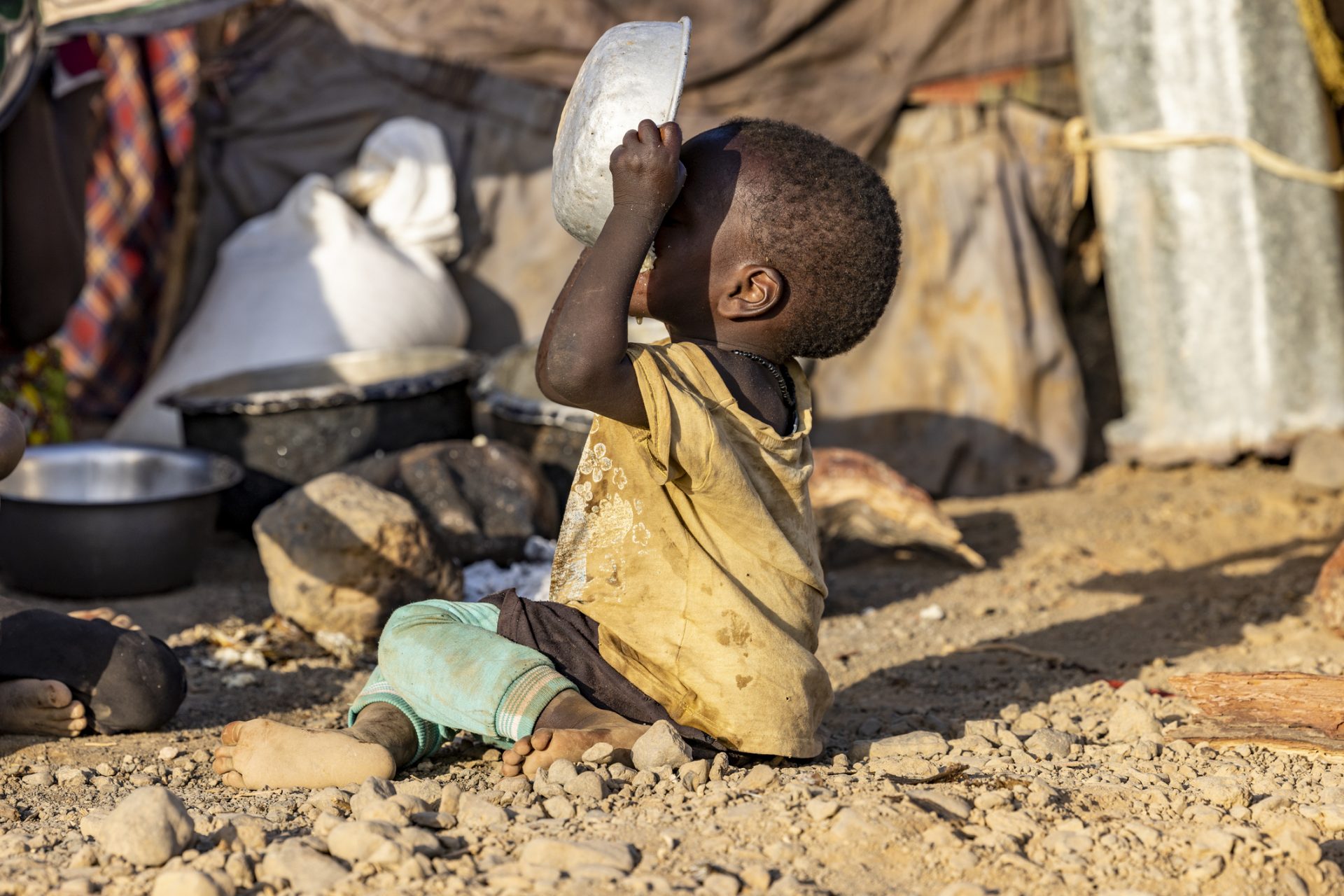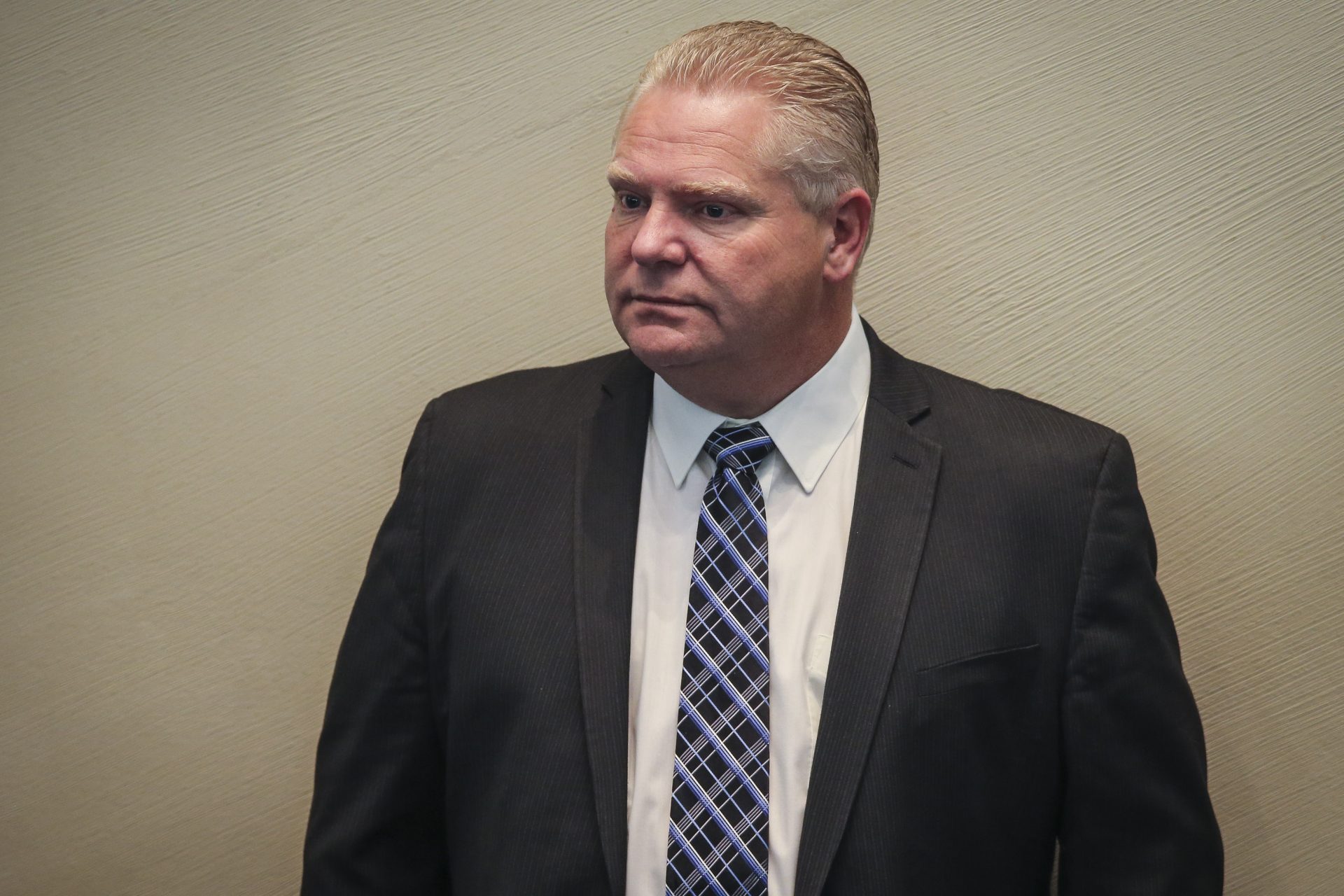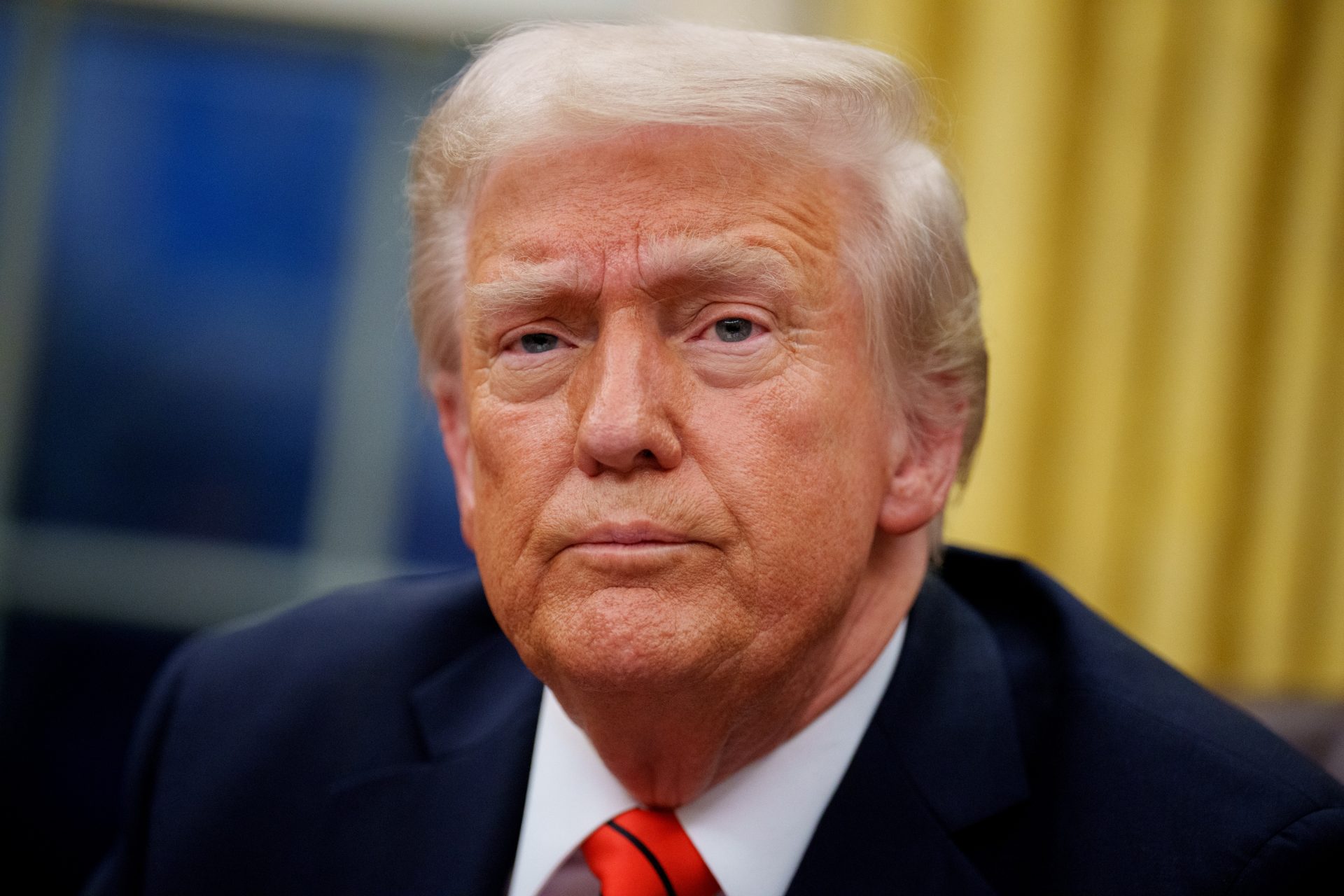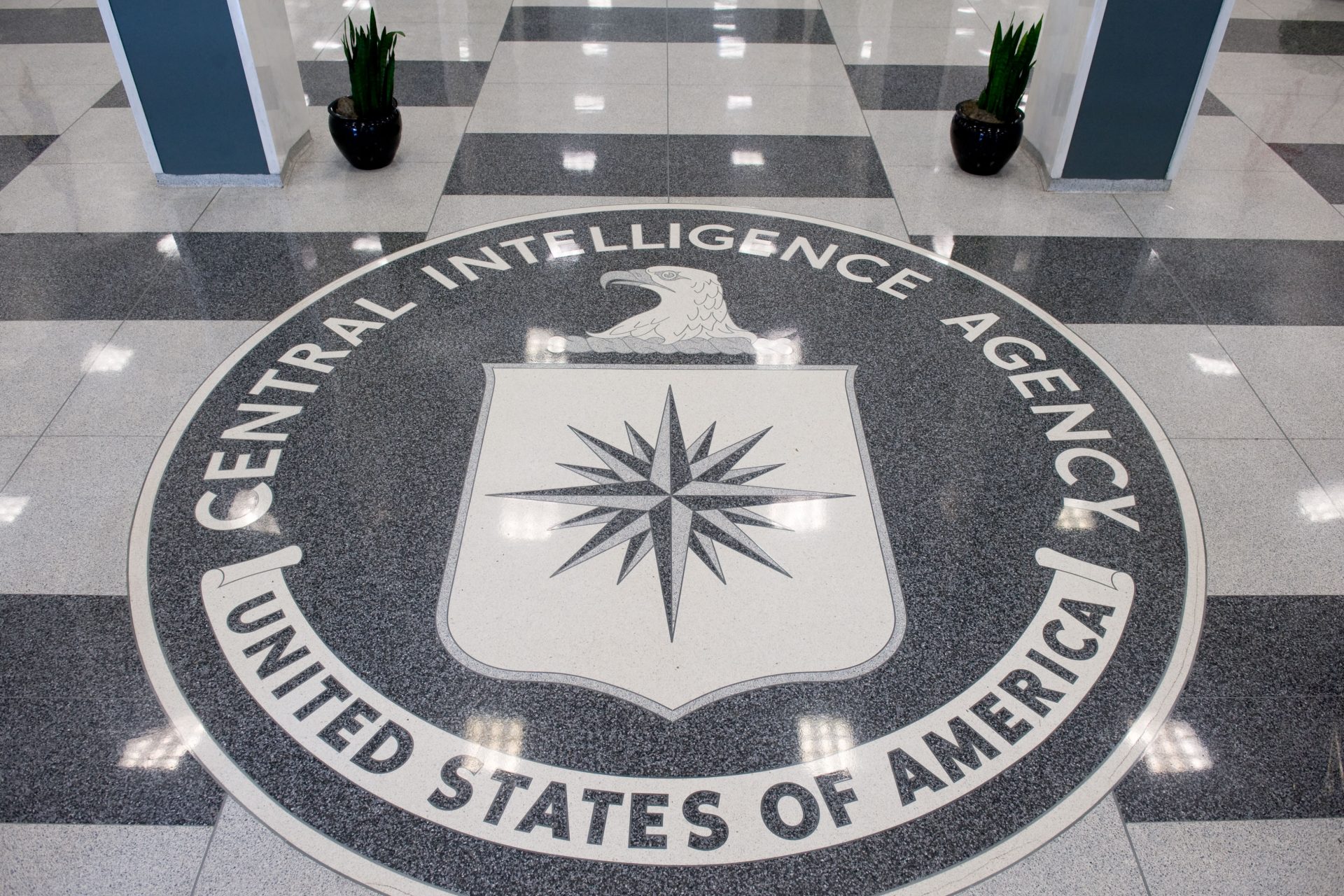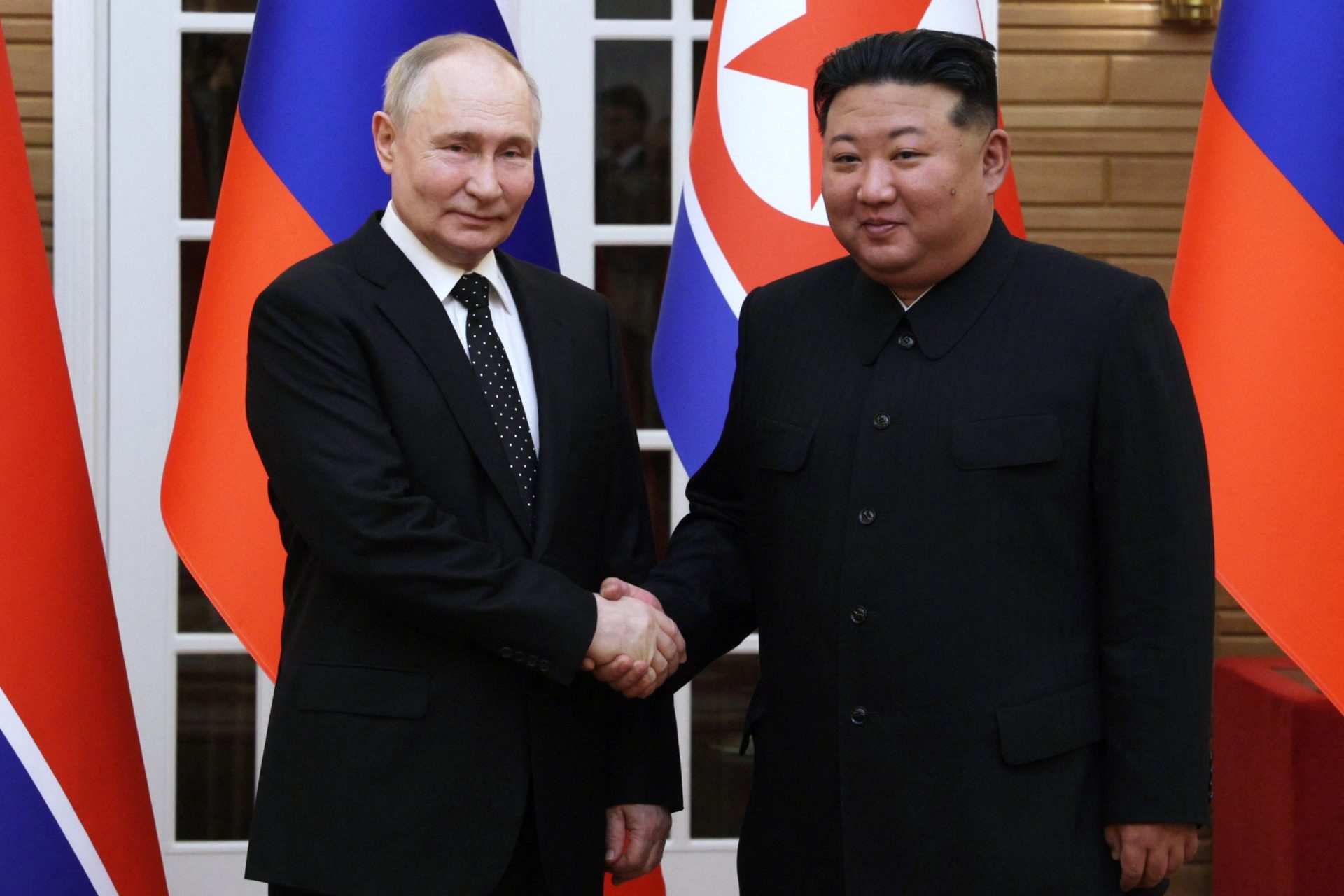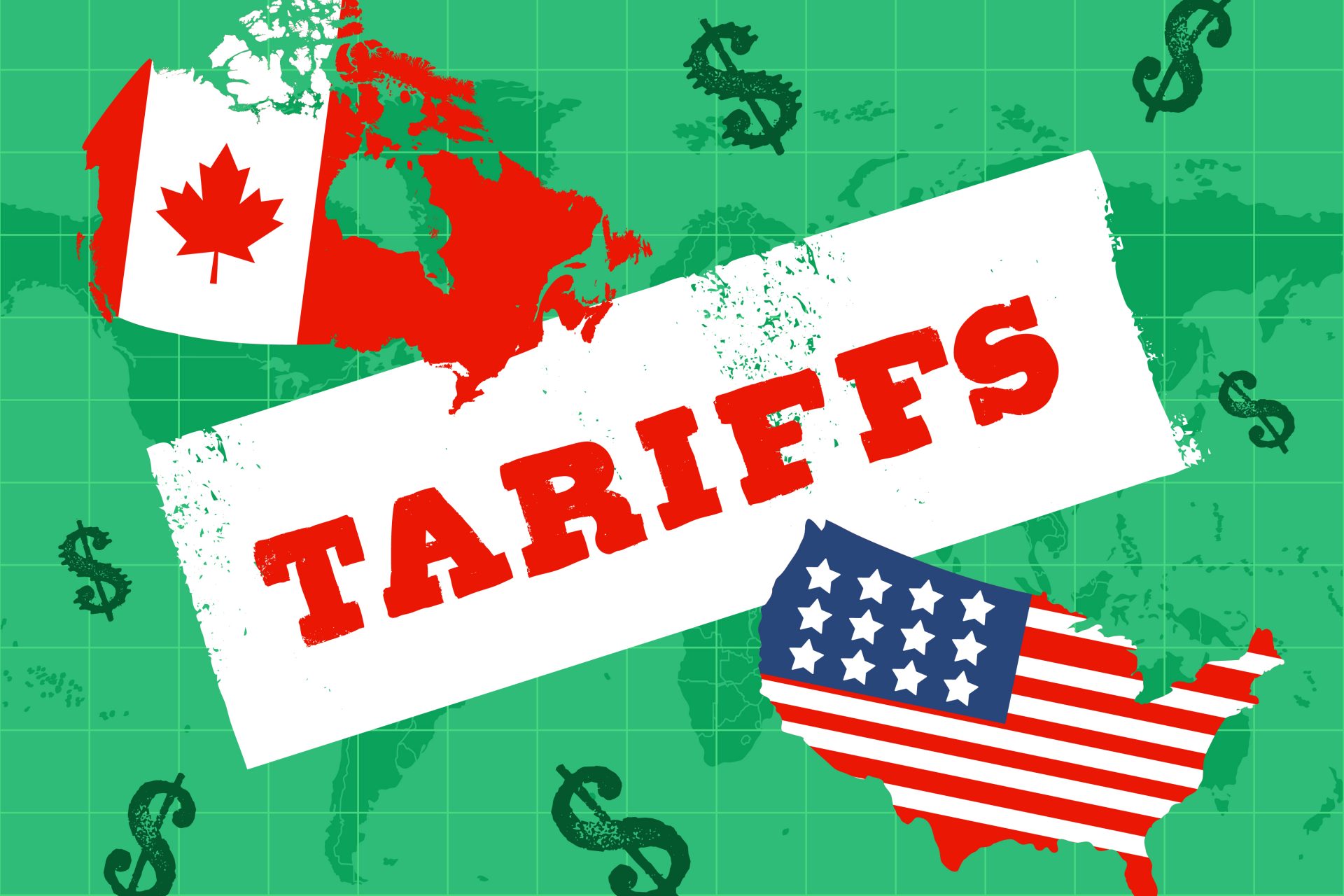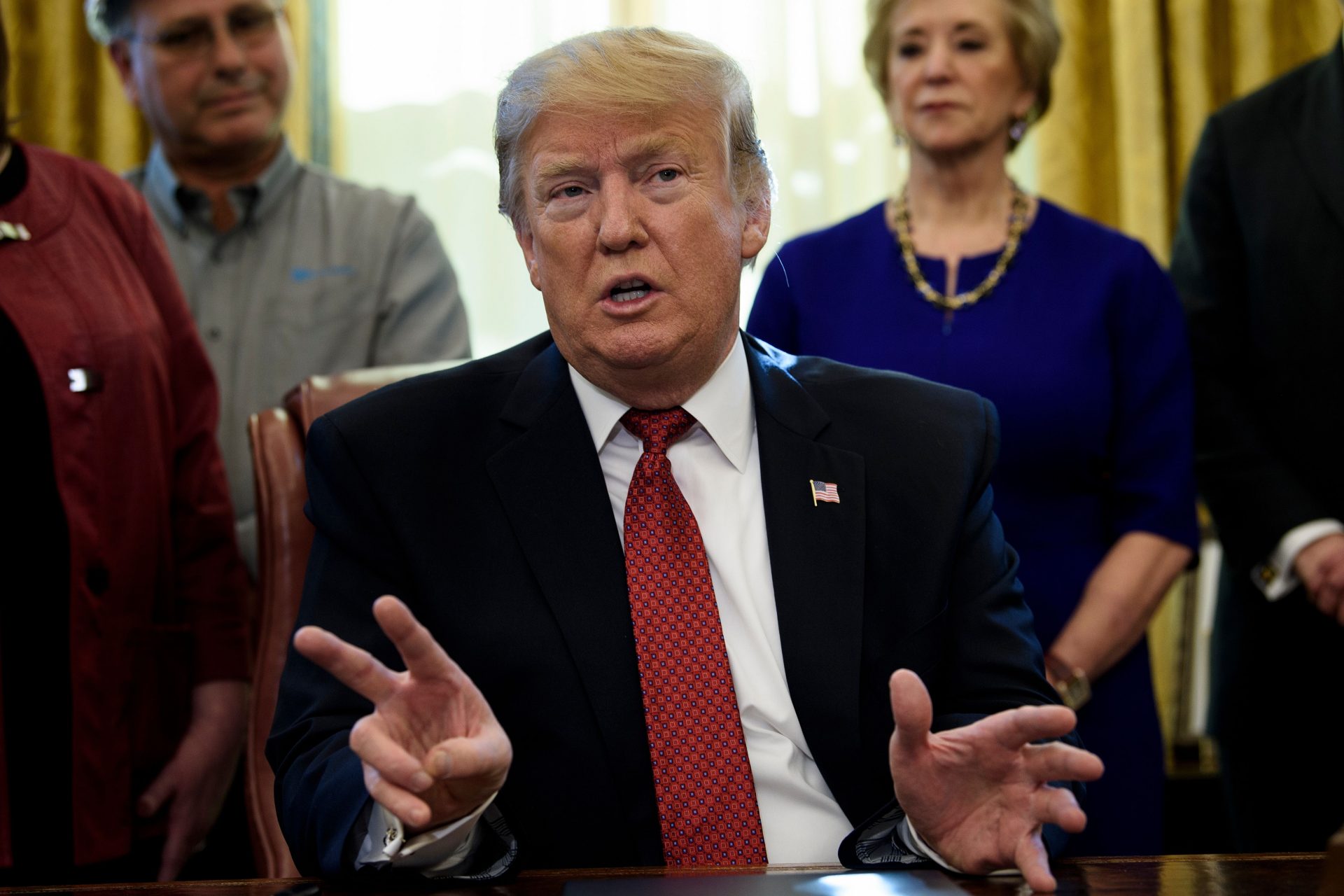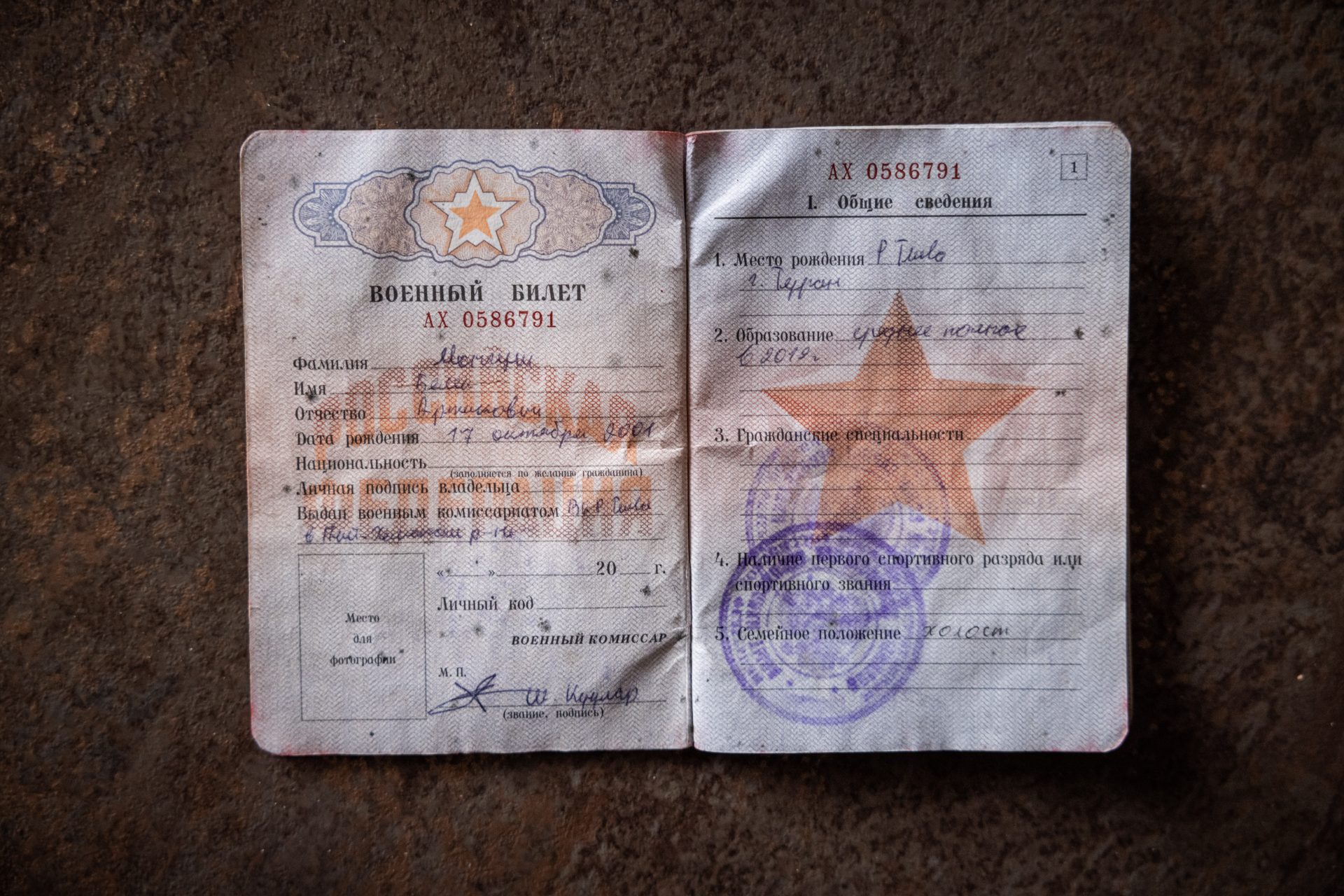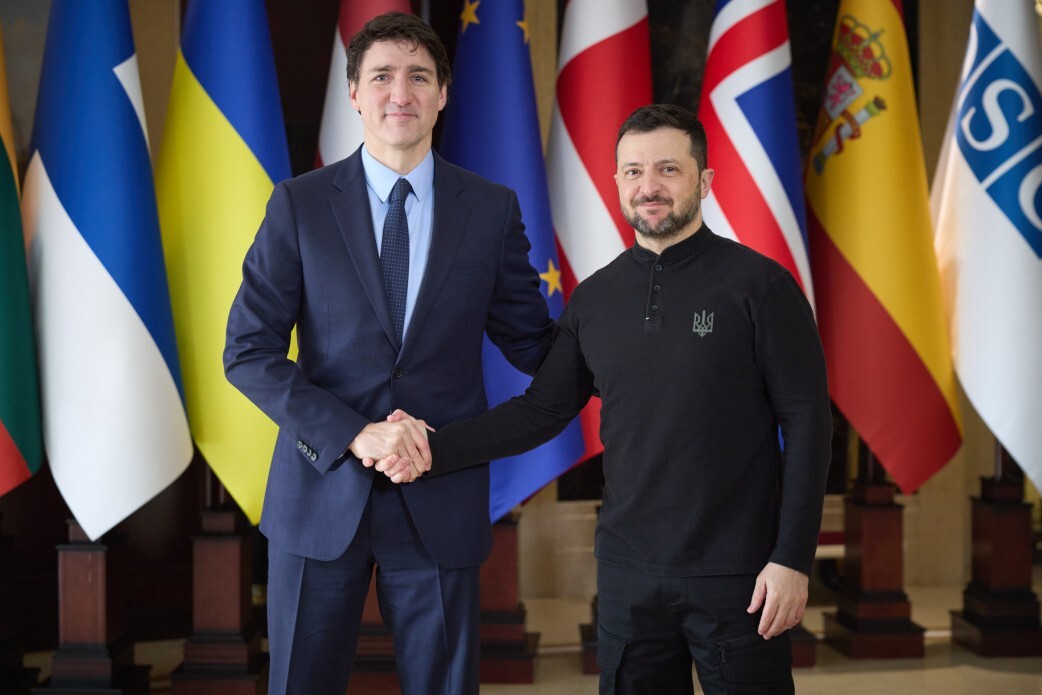Global elite gather in Davos to talk about 'rebuilding trust'
The five-day 54th annual meeting of the World Economic Forum (WEF) in Davos kicked off on Monday, Jan. 15. And this year, leaders at the ultra-exclusive meeting in Switzerland are set to spend much of their time talking about the world's most pressing problems.
The theme for this year’s event is “Rebuilding Trust.” WEF Managing Director Mirek Dusek told journalists in a briefing that the idea is a “direct response to the erosion of trust that is evident in societies and among nations.”
In 2022, the international research agency Glocalities surveyed 26,000 people around the world and found that trust in the WEF itself is quite low. It found that 39% said they didn’t trust the WEF, compared to 27% who said they did. The people who don’t trust the body say they feel let down by society and worry about oppression, inequality, corruption and freedom of expression, according to the survey.
Ahead of the event, the WEF also unveiled a new report about societies’ biggest short and long-term risks. “World leaders must come together to address short-term crises as well as lay the groundwork for a more resilient, sustainable, inclusive future,” said another managing director, Saadia Zahidi, in a social media post.
Over the next two years, experts ranked misinformation and disinformation as the most severe societal risk. This comes as around 40% of the world’s population is set to vote in 2024. The WEF warns that fake news and bad info could undermine the legitimacy of new governments and radically disrupt electoral processes.
An intense political year: these are all the 2024 presidential elections worldwide
The WEF experts are very worried about extreme weather. It’s the second most pressing short-term concern and the top long-term concern. That’s because nations remain unprepared for the “triggering of long-term, potentially irreversible and self-perpetuating changes to select planetary systems [which] could be passed at or before 1.5C of global warming, currently anticipated to be reached by the early 2030s”.
The third most pressing short-term risk is societal polarization. At the gathering, the experts will certainly discuss the vast consequences of this phenomenon. “Societies may become polarized not only in their political affiliations but also in their perceptions of reality, posing a serious challenge to social cohesion and even mental health,” says the WEF.
According to experts, cyber insecurity is the fourth-biggest short-term threat. This overlaps with the threats posed by artificial intelligence, which is set to be a major point of conversation. In the short term, AI is only ranked as the 29th biggest threat, but in ten years, it is viewed as the sixth biggest.
After cyber security, experts are most worried about the sharp rise in armed conflict. At the same time, the number of deaths in war has also been on the rise in a dramatic way. The WEF warns that these wars pose the risk of spilling over, boosting criminality and leading to rapidly expanding humanitarian crises.
While attendees of Davos are generally on the uber-wealthy side of society, they are also set to discuss the next-biggest short-term threats: the lack of economic opportunity and inflation. According to experts, the near-term outlook for the economy is highly uncertain and there is still a chance for persistent inflation.
According to organizers, this year’s event is welcoming over 100 governments, all major international organizations, 1000 Forum’s Partners, as well as civil society leaders, experts, youth representatives, social entrepreneurs, and news outlets. Of course, as usual, a fair share of billionaires will be in attendance.
Not just anyone can attend. First, you need an invitation. And then, if you are a WEF member, it’s free to join. But for those without a membership to the organization, it costs around $28,000 to go, according to Entrepreneur magazine, and once there prices are sky-high. For instance, CNBC reported that a snack burrito at a nearby hotel cost an eye-watering $55 back in 2022. Want fries with that? Another $22.
Bloomberg reports that 60 heads of state will attend the WEF meeting in Davos and that the most anticipated speeches will come from US Secretary of State Antony Blinken, French President Emmanuel Macron and Chinese Premier Li Qiang. Of course, they will be rubbing shoulders with many of the world's richest business people as well.
On the occasion of the 2023 Davos, where billionaires and politicians met to discuss the big issues, Oxfam published a stark report. It found that the richest 1% (many represented at Davos) earned twice as much wealth as the rest of the world put together over the previous two years. The Guardian suggests replacing the gathering with an email that says: “So then, we’ll carry on with global capitalism for another year. Agree? Right. Cheerio.”
Research after the 2022 event found that every second flight to the meeting was a private jet, and one in every ten participants flew in on private jets... Many who then discuss the problems of climate change. The shortest flight was just 21 kilometers (13 miles). That caused Co2 emissions of 350,000 cars.
Journalist Peter S. Goodman published an entire book called ‘Davos Men’ criticizing the outsized influence of the billionaire class at events like Davos. “[Blackstone CEO Stephen] Schwarzman and his fellow Davos Men were not satisfied with mere wealth. They demanded that society ratify their privilege as morally sound,” he writes.
More for you
Top Stories



